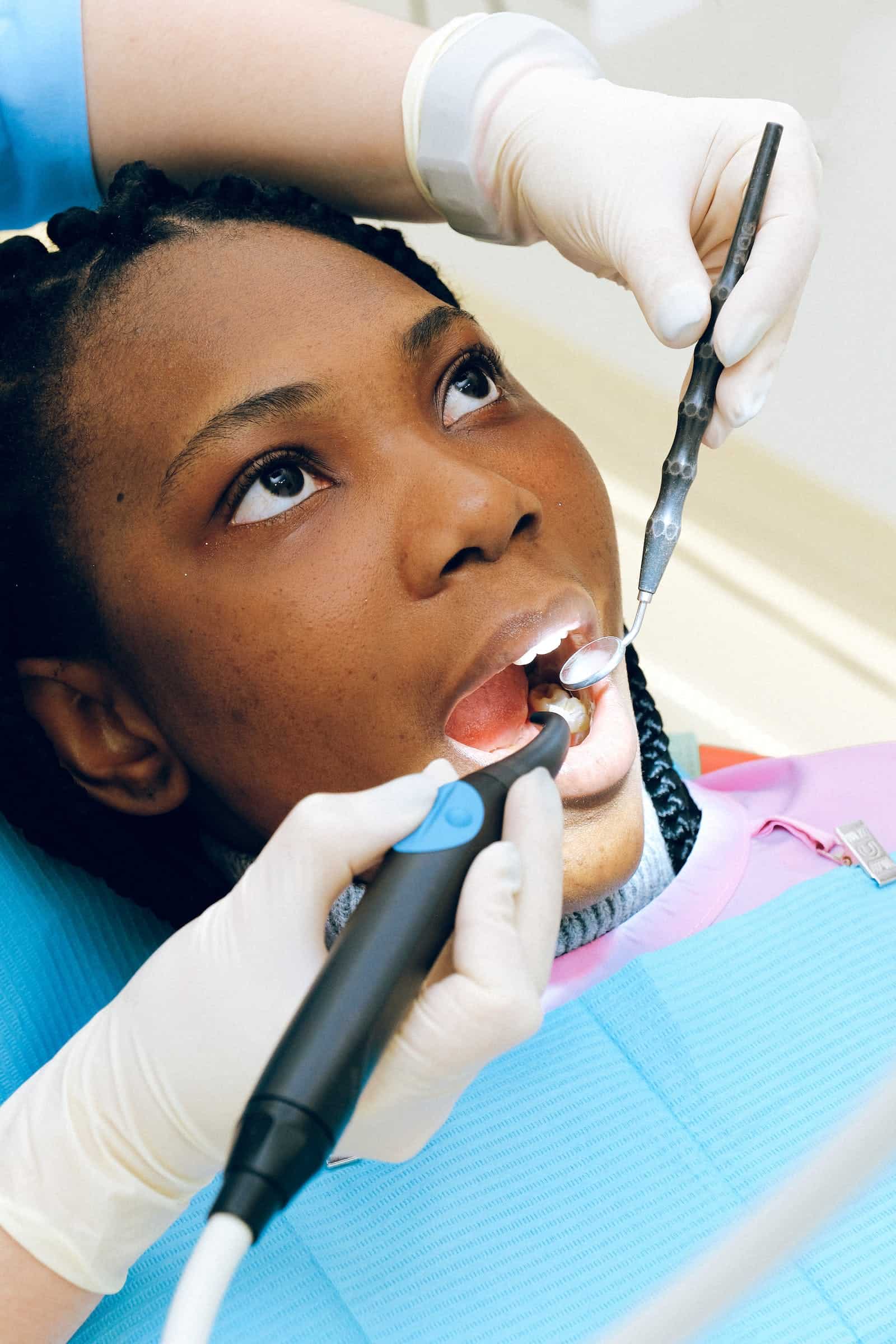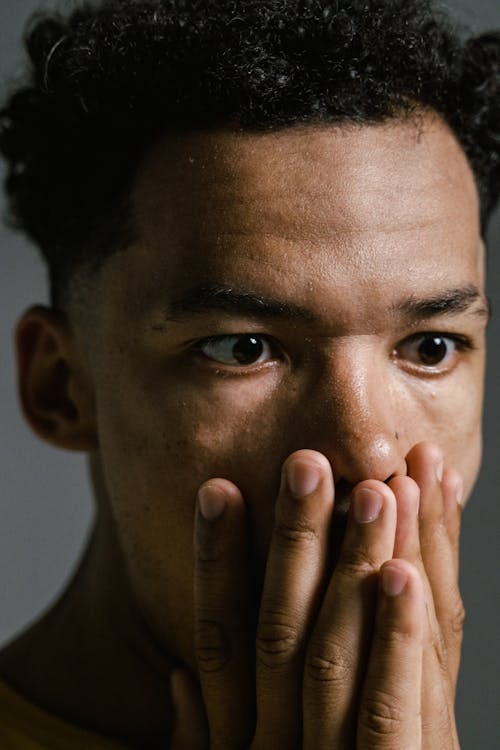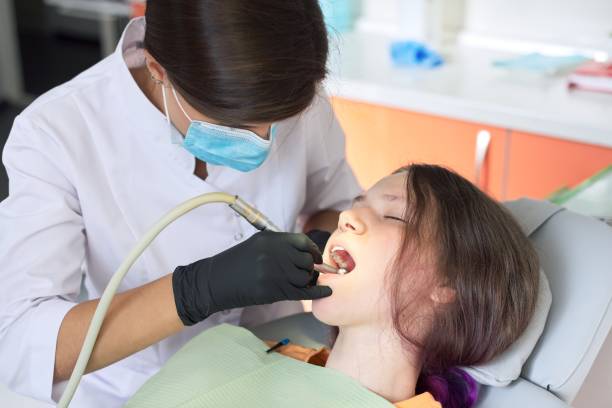
29 Nov Have Anxiety Going to the Dentist?- Why Sedation Dentistry Can Help
Are You Anxious About The Dentist?
Going to the dentist is never on a person’s top ten list of things to do. People have anxiety about going to the dentist for a variety of reasons.
- Fear of pain: Many people worry that treatments will be painful and unpleasant, leading them to experience fear and apprehension when visiting the dentist. For some individuals, the thought of undergoing dental procedures is enough to cause intense feelings of dread and panic.
- Embarrassment over appearance or health problems: Some people feel ashamed or embarrassed about their current dental state or overall oral hygiene habits due to deep-seated insecurities surrounding physical appearance. This can lead to reluctance towards seeking treatment even if there are serious issues that need resolution.
- Financial concerns: The cost associated with dental treatments can be a major source of anxiety for people who have limited funds available to pay for care. Even if their insurance covers part of the costs, many individuals experience stress over the prospect of having to spend additional money on procedures.
- Unfamiliarity with new dentists: People may feel uneasy about visiting a dentist they’ve never seen before or one that has recently taken over an existing practice due to unfamiliarity and a lack of trust in this person’s medical expertise.
- Traumatic past experiences: Negative experiences such as insensitive treatment from oral health professionals or painful treatments can also contribute to fear and trepidation when it comes to going back to the dentist. A patient’s recollections of these instances can linger in their minds, leading to reluctance and hesitancy to return.
By understanding the reasons that cause individuals to feel anxious about visiting the dentist, people can begin to take steps towards overcoming their fears and making sure they receive the essential treatments they need for good oral health.

Taking The Anxiety Out Of Dentistry
Sedation dentistry, sometimes referred to as “sleep dentistry” or “relaxation dentistry,” is becoming increasingly popular among people who experience dental anxiety. It can help individuals remain relaxed during a procedure and even forget the entire appointment altogether.
Though confronting your fear of the dentist may be difficult, it could also drastically improve your oral health and overall quality of life. Sedation dentistry is an effective way for individuals to address their anxieties and receive the care they need in a safe and comfortable environment.
One reason why sedation dentistry is beneficial for anxious individuals is that it reduces discomfort and pain. Traditional dental treatments can create a feeling of unease, which is often exacerbated by the sound of drills, lights, and other instruments used during the procedure. Sedation dentistry helps to ease this anxiety by providing an overall calming effect on both body and mind.
Another advantage of sedation dentistry is that it eliminates fear-related memory loss. Individuals who are highly anxious may not remember parts or even all of their treatment if they are not under sedation. This can cause them to avoid dental visits in the future, further increasing their chances of developing oral health issues such as cavities, gum disease, or tooth decay.
Finally, sedation dentistry allows procedures to be completed more quickly than they would be without it. This is beneficial for patients who need multiple treatments or complex procedures, as they can receive all the care they need in one visit instead of multiple visits spread out over time.
Sedation dentistry is suitable for just about anyone, regardless of age or dental history. However, there are certain factors such as allergies to medication or underlying medical conditions that may make sedation either inappropriate or unsafe. Patients considering sedation should always consult with their dentist before undergoing any treatment.

What Type Of Sedation is Used?
The type of sedation used for dentistry depends on the complexity and duration of the procedure, as well as your medical history and comfort level. Generally, there are four levels of sedation commonly used in dental procedures:
1. Minimal Sedation – This is also known as inhaled minimal sedation or laughing gas. It can help to reduce anxiety during a dental procedure by calming you down and allowing you to relax without losing consciousness.
2. Moderate Sedation – This is also referred to as conscious sedation or oral sedation. It involves taking a pill prior to your appointment that will help you stay calm throughout the procedure by providing a mild tranquilizing effect.
3. Deep Sedation – This is sometimes referred to as IV sedation. It will render you unconscious, but you can still be awakened with gentle stimulation or verbal commands from the dentist.
4. General Anesthesia – This involves administering drugs that will make you fall into a deep sleep so that even painful procedures can take place without feeling any discomfort.
It’s important to discuss your options with your dentist prior to undergoing any type of dental procedure to ensure you receive the right level of sedation for your needs and comfort level. Your dentist will also advise you on how to prepare, depending on which type of sedation they decide is best for your particular situation.
What Happens After Sedation?
Once the sedation has taken effect, your dental treatment can begin. The duration of treatment usually depends on the complexity and scope of the procedures being performed. During this time, you will remain in a deeply relaxed state while your dentist performs the necessary work on your teeth and gums. You may not even remember what happened during this period; however, your dental team will be monitoring you carefully to make sure that you stay safe and comfortable throughout the procedure.
Once all of the necessary dental work is complete, it will be time for you to wake up from sedation. Your dentist or anesthesiologist may give you medications to help reverse the effects of sedation so that you can safely regain consciousness. Depending on what kind of sedative was used, it may take a few minutes or up to an hour for the sedation to completely wear off. During this time, you will remain in the dental chair until you are fully awake and responsive.
In some cases, your dentist may also give you medication after the sedation has worn off to help manage pain and discomfort. This can include over-the-counter medications such as ibuprofen or prescription painkillers if more relief is needed. In addition, they may also recommend rinsing your mouth with salt water or using cold compresses to reduce swelling after certain procedures.
After you have regained full consciousness, it’s important that someone accompanies you home from your appointment so that they can monitor your recovery. During this time, it is normal to feel a bit drowsy or disoriented and you should avoid any strenuous physical activity until the effects of the sedation have completely worn off. It’s also important to drink plenty of fluids during your recovery period and avoid driving or operating heavy machinery until you are feeling fully awake.

You Don’t Have To Be Nervous Anymore
Sedation dentistry is a great option for people who experience severe dental anxiety. It allows them to receive the care they need without fear or nervousness. With the right preparation and proper communication with your dentist, sedation dentistry can be a safe and comfortable experience. You don’t have to live in fear of going to the dentist anymore! The bottom line is that there’s no need to be nervous any longer when it comes to sedation dentistry. Whether you opt for conscious sedation or general anesthesia, with professional help, you can make the process less stressful and more comfortable. And with today’s advances in technology and treatment techniques, sedation dentistry is growing more popular every day as an effective way to deliver care. So don’t be afraid—be brave and take the steps necessary to get your oral health back on track. With sedation dentistry, you can finally say goodbye to dental anxiety!


Sorry, the comment form is closed at this time.